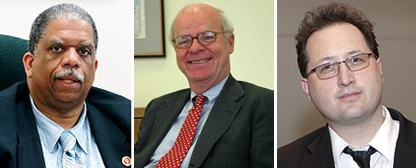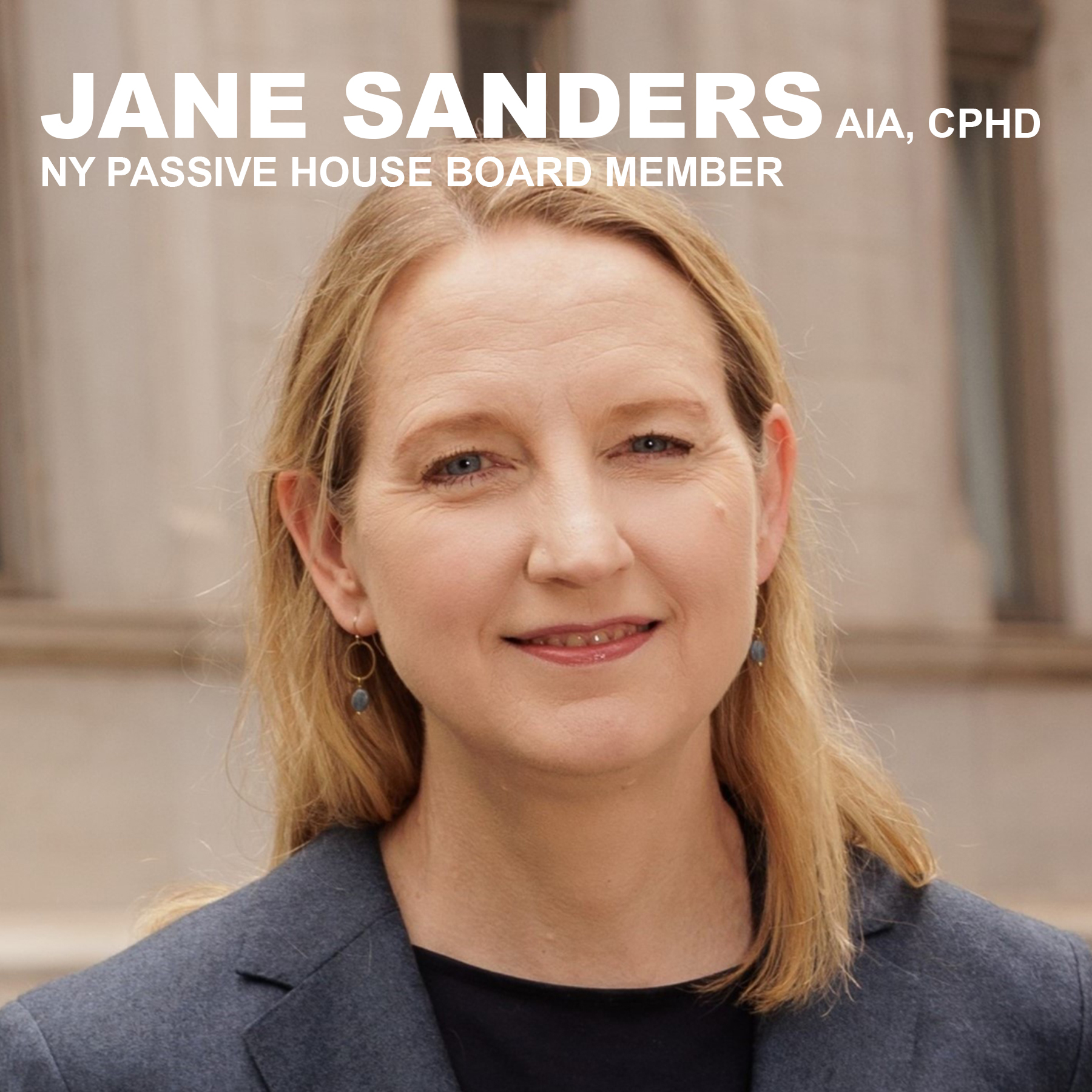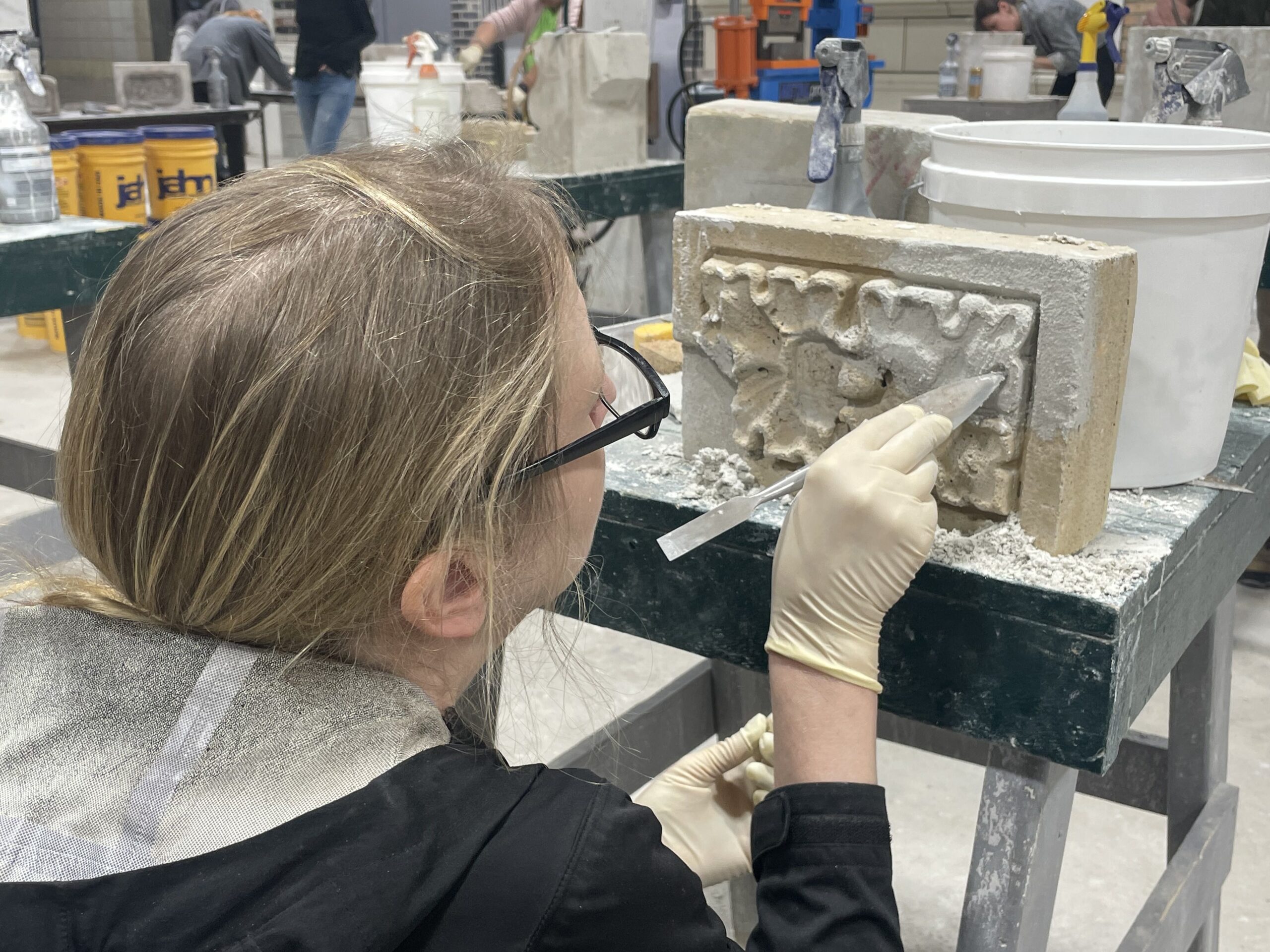May 01, 2012 04:30PM
By Katherine Clarke

The New York City Council is set to review a package of 10 bills relating to the workings of the Landmarks Preservation Commission tomorrow morning, according to the council’s website, some of which have garnered significant support from the Real Estate Board of New York but elicited concern from preservation groups.
A few of the bills seek to impose a timeline on the LPC’s deliberation of potential landmarks and historic districts, including one that introduces a time limit of 180 days for LPC to respond to requests for evaluation and another that institutes a fixed deadline of 33 months for landmark and historic district designations. Detractors such as Simeon Bankoff of the Historic Districts Council said the restrictions are “almost ensured to create paralysis at the agency.”
It’s not all bad, the Historic Districts Council said. If passed, three of the bills would empower LPC to intercede in cases where unused Department of Buildings permits are still active on landmark buildings and require better monitoring of construction near landmarked buildings — both bills supported by the Historic Districts Council. But other bills, which address the timeline for designation, mandate a publicly accessible online database of requests for evaluation and allow for replacement materials on landmark buildings to be those present at time of designation, have caused some discontent within the preservationist community.
“If these bills are adopted in tandem as written, they would risk overwhelming the LPC’s scant resources and could result in thousands of potential buildings in dozens of historic districts being rejected,” Bankoff said in an email blast to members of the Historic Districts Council yesterday. He argued that the success of the bills “would result in thousands of buildings being permanently prevented from becoming landmarks based on a mandated schedule rather than merit.”
A spokesperson for the Real Estate Board of New York, which supports a selection of the bills, argued that the proposals, including one which mandates the City Planning Commission to analyze the potential economic impact of designation on the development potential of proposed landmarks, are necessary in order to prevent the LPC from becoming a tool for preservationists in regards to planning. Preservationists are inclined to use the bill to prevent new development in prized areas, he said, as opposed to protecting existing beauty or history.
“The landmarks laws are in place to protect cultural heritage, but we’ve been seeing [the landmarking] of properties of questionable merit,” said Michael Slattery, a senior vice president at REBNY, referencing the recent designation of an “unexceptional” gas station at West Houston and Lafayette streets. “[The laws] are being exploited by the preservationist community. It seems clear to us that planning agendas have been directing [the activities of Landmarks.]”
In a statement issued earlier this month to the New York Post, Landmarks spokesperson Elisabeth de Bourbon defended the move to designate the gas station: “As the gateway to Soho, West Houston Street was determined to be so critical to its character that the vacant lots there… ought to be under [LPC’s] purview,” she said.
The replacement materials bill proposes revoking an LPC requirement stipulating that building owners making changes to their properties use historically appropriate materials even when those materials were not in place at the time the owner purchased the building. It has been particular contentious, sources said. Preservationists argue it undermines the basic benefit of LPC oversight in helping to gradually return areas to their historic condition, while building owners and some members of REBNY contend that the provision currently in place makes it too costly for owners to renovate or alter their properties.
While De Bourbon declined to comment on the bills pre-hearing, she said the commission would discuss the merits of the legislation at tomorrow’s event. Meanwhile, City Council member Leroy Comrie, who chairs the Council’s land use committee, did not respond to requests for comment by press time.



